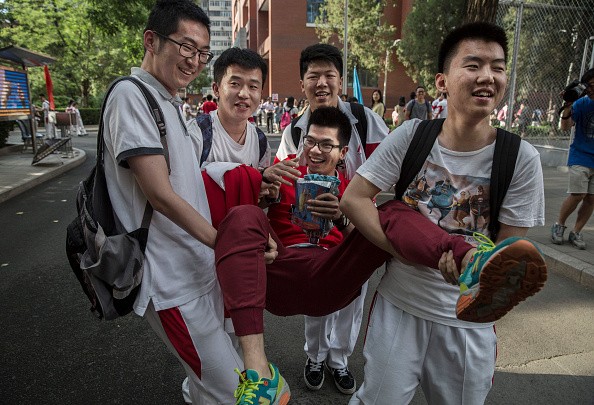Several of China’s neighbors are becoming popular choices for Chinese looking to study abroad, according to a survey.
Aside from traditional destinations such as the United States and Britain, Asian countries like Singapore and Japan are also attracting more Chinese planning to study overseas, according to a white paper released on Tuesday by Vision Overseas, a company that provides services for overseas studies.
The paper, which surveyed nearly 3,000 Chinese students planning to study abroad, said that fewer students were willing to study in the U.S., the U.K., Australia and Canada this year than in 2015.
In contrast, the number of those showing an interest in countries like Singapore and Japan is rising.
Guo Xiaojuan, director of Vision Overseas' European and Asian division, told China Daily that the two Asian countries are becoming more popular with Chinese students due to their strengthened quality of education and flourishing tourism industries.
"The education systems in the two countries are quite open and well developed. Many of their universities are also rated highly in the latest world university rankings," Guo said.
Company Vice President Sun Tao said the traditional destinations will not lose their leading positions anytime soon.
"In the long run, the four countries will remain the top choices for Chinese studying overseas," Sun said.
"But what is certain is that Chinese students' choices for overseas study will continue to diversify. The rise of Singapore and Japan is just a start."
The survey also noted that choosing the right major is the top consideration for Chinese students and their parents when selecting educational institutions abroad.
The ranking of the institution came in as the second most important factor considered, although a year ago it was the top concern.
"A great change has occurred among Chinese students, and especially their parents, who were known for choosing prestigious universities," Sun said.
"The change indicates that students and their parents are becoming more rational when making decisions on studying overseas."



























